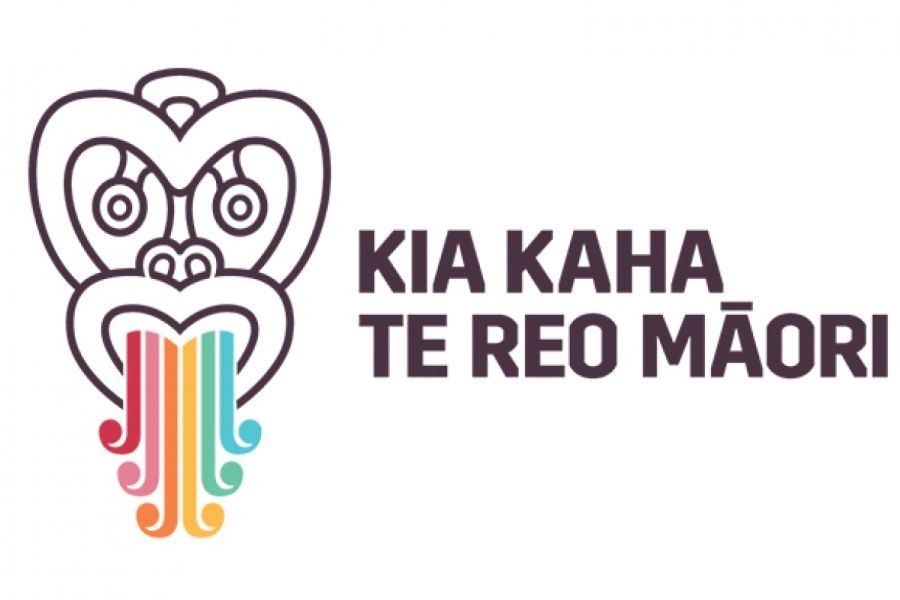New Zealand's rich tapestry of history is deeply interwoven with the enduring legacy of the Māori, the indigenous people whose presence spans over a millennium. This exploration goes beyond mere historical recounting; it delves into the profound impact of Māori culture on New Zealand's contemporary society, economy, and industries. From their traditional knowledge systems to modern-day business practices, the Māori have significantly shaped the nation's identity. As New Zealand continues to navigate its place in the global economy, understanding Māori history is not just a cultural exercise but a necessity for strategic business decision-making. Let’s uncover the layers of this history and its implications for today’s Kiwi business landscape.
Expert Opinion & Thought Leadership
Renowned historian Dr. Aroha Harris once stated, "The Māori tikanga (customs) are not just relics of the past but living frameworks that guide modern governance and business practices in New Zealand." This perspective highlights the importance of integrating Māori principles such as kaitiakitanga (guardianship) and manaakitanga (hospitality) into contemporary business models. These principles have been particularly influential in New Zealand's tourism and hospitality industries, which prioritize ethical and sustainable practices. According to the Ministry of Business, Innovation and Employment (MBIE), tourism contributed NZD 16.2 billion to the country's GDP in 2023, with Māori cultural experiences being a significant drawcard for international visitors.
How It Works: Deep Dive into Māori Influence
Understanding Māori history requires an exploration of their traditional knowledge systems, which include environmental stewardship, communal living, and oral traditions. These systems have not only survived but thrived in modern contexts. For instance, Māori businesses often emphasize collective ownership and long-term sustainability over short-term profits. This approach aligns well with global trends toward sustainable development.
Case Study: Ngāi Tahu – A Model of Indigenous Business Success
Problem: Ngāi Tahu, one of the largest iwi (tribes) in New Zealand, faced economic challenges following historical grievances and land confiscations.
Action: Utilizing the Waitangi Tribunal settlements, Ngāi Tahu invested strategically in various sectors, including tourism, seafood, and property. They embraced a dual focus on cultural preservation and economic growth.
Result: As of 2024, Ngāi Tahu's assets exceeded NZD 2 billion, showcasing a significant turnaround. Their initiatives in sustainable tourism and environmental conservation have not only been profitable but have also reinforced their cultural heritage.
Takeaway: This case study illustrates the effectiveness of integrating cultural values into business strategies. New Zealand businesses can learn from Ngāi Tahu's model by prioritizing sustainability and community engagement.
Data-Driven Insights: Māori Economy's Role in National Growth
According to Stats NZ, the Māori economy was valued at NZD 68.7 billion in 2023, marking a 5% growth from the previous year. This expansion is fueled by sectors like agriculture, forestry, and fishing, where Māori entities have substantial investments. The Reserve Bank of New Zealand notes that Māori businesses are increasingly contributing to the country's export market, particularly in niche areas like organic foods and sustainable fisheries.
Contrasting Viewpoints: Cultural Integration vs. Economic Autonomy
While the integration of Māori cultural values into the broader economy is lauded, some argue it may dilute the essence of these traditions. Critics caution against commercializing cultural practices, fearing they might lose their authenticity. On the other hand, proponents emphasize that economic success can provide a platform for cultural preservation and revitalization. A balanced approach is essential, one that respects cultural integrity while leveraging economic opportunities.
Pros vs. Cons Analysis
✅ Pros:
- Cultural Enrichment: Māori traditions add unique value to New Zealand's identity, attracting tourism and fostering inclusivity.
- Sustainability Focus: Embracing kaitiakitanga promotes long-term environmental stewardship.
- Economic Resilience: Diversified investments in Māori enterprises contribute to economic stability.
❌ Cons:
- Risk of Cultural Dilution: Over-commercialization may erode traditional values.
- Economic Disparities: Not all Māori communities equally benefit from economic opportunities.
- Regulatory Challenges: Navigating legal landscapes can be complex for Māori businesses.
Common Myths & Mistakes
Myth: "Māori history is only relevant to cultural studies." Reality: Māori history offers valuable insights into sustainable business practices and governance models.
Myth: "All Māori businesses are small-scale and community-focused." Reality: Many Māori enterprises are large, diversified, and significantly contribute to New Zealand's economy.
Myth: "Māori economic development is solely dependent on government support." Reality: While settlements have played a role, strategic investments and entrepreneurship drive much of the growth.
Future Trends & Predictions
Looking ahead, the Māori economy is poised to become an even more integral part of New Zealand's economic landscape. A report by Deloitte predicts that by 2030, Māori businesses will play a pivotal role in the country's transition to a low-carbon economy, capitalizing on traditional knowledge and sustainable practices. This shift aligns with New Zealand’s commitment to achieving net-zero carbon emissions by 2050.
Conclusion
New Zealand's future is inextricably linked to its indigenous roots. By embracing and integrating Māori history and values into contemporary business practices, the nation can forge a path of sustainable growth and cultural preservation. As a management consultant, recognizing the potential of Māori-influenced strategies offers a unique competitive advantage. Engage with this rich history, apply its principles, and contribute to shaping a prosperous and inclusive future for Aotearoa.
What’s your take on the role of Māori history in modern business? Share your insights below!
People Also Ask (FAQ)
- How does Māori culture impact businesses in New Zealand? Māori culture promotes sustainability and community engagement, enhancing brand identity and customer loyalty.
- What are the biggest misconceptions about Māori history? One common myth is that Māori history is only relevant to cultural studies, but it has significant economic implications.
- What are the best strategies for implementing Māori values in business? Start with understanding principles like kaitiakitanga and manaakitanga, and ensure authentic engagement with Māori communities.
- What upcoming changes in New Zealand could affect Māori businesses? Policy shifts toward sustainable development could enhance opportunities in green industries for Māori enterprises.
- Who benefits the most from understanding Māori history? Businesses, policymakers, and educators gain insights into sustainable practices and cultural integration, benefiting the wider community.
Related Search Queries
- Māori business success stories
- Impact of Māori culture on New Zealand economy
- Sustainable business practices in New Zealand
- Māori economic development strategies
- New Zealand indigenous entrepreneurship
- History of Māori governance
- Māori contribution to NZ tourism
- Māori cultural values in modern business
- Future of Māori economy
- Māori environmental stewardship practices









































KieranF75
2 months ago